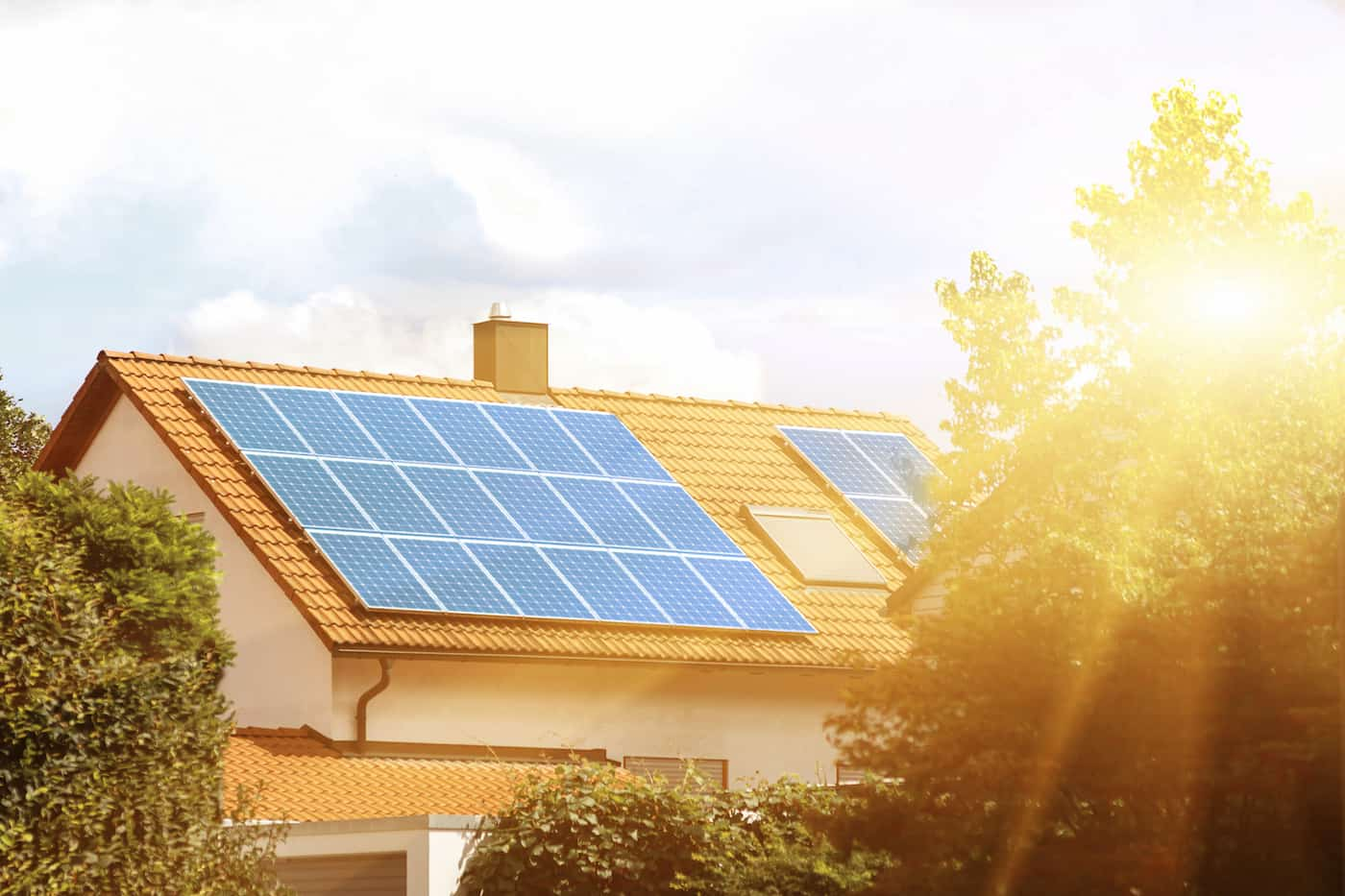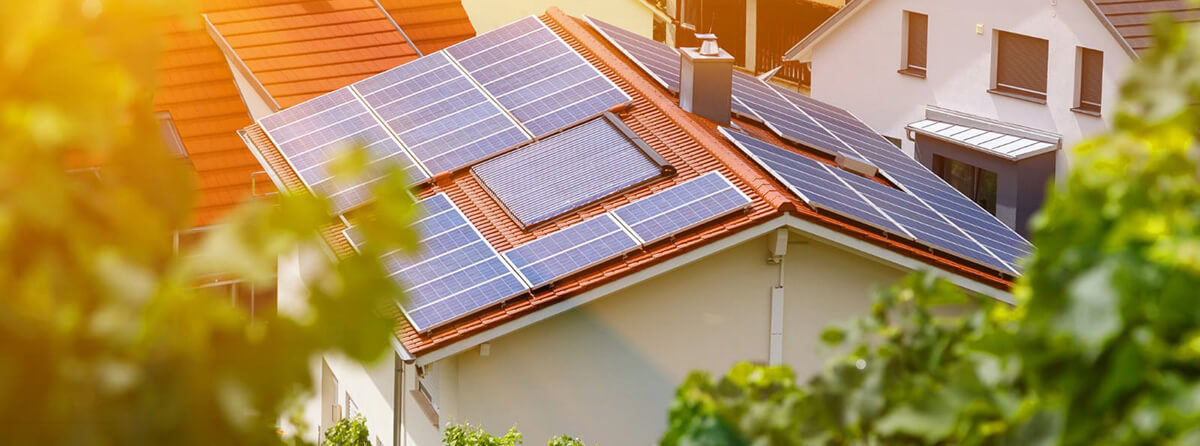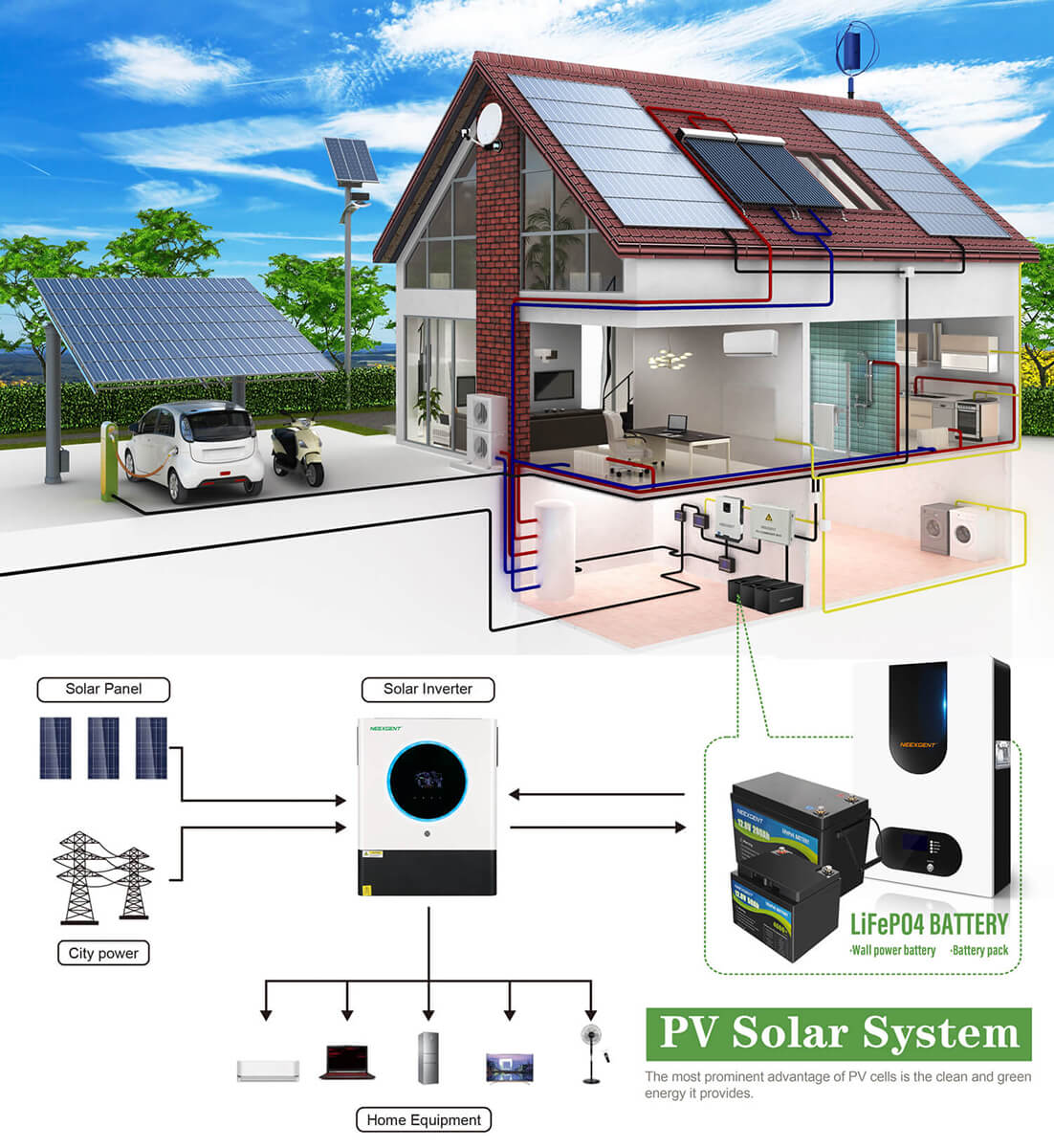
Solar power systems
Cost Savings: The Financial Benefits of Solar Power Systems
As the cost of traditional energy sources continues to rise, more and more people are turning to solar power systems to reduce their monthly energy bills. One of the key financial benefits of solar power systems is that they allow homeowners to generate their own electricity and reduce their dependence on traditional utilities. By installing solar panels on their roofs, homeowners can generate their own clean energy, which can help them save money on their energy bills every month.
In addition to reducing monthly energy bills, solar power systems can also provide long-term financial benefits. According to a recent study by the National Renewable Energy Laboratory, homes with solar power systems tend to have higher property values than those without. This means that homeowners who invest in solar power systems can potentially recoup some of their initial investment if they decide to sell their homes in the future.
Another financial benefit of solar power systems is the availability of government incentives and rebates. The federal government offers a tax credit of up to 26% of the cost of a solar power system, which can significantly reduce the upfront cost of installation. Additionally, many state and local governments offer their own incentives and rebates, which can further reduce the cost of going solar. Overall, solar power systems offer significant financial benefits for homeowners who are looking to reduce their energy bills and invest in their homes.

Solar energy system
Energy Independence: How Solar Power Allows Homeowners to Break Free from Traditional Utilities
Solar power systems can provide homeowners with energy independence by allowing them to generate their own electricity and reduce their dependence on traditional utilities. This means that homeowners can have more control over their energy usage and costs, without having to rely on the fluctuating prices of traditional energy sources. By installing a solar power system, homeowners can also reduce their carbon footprint and contribute to a more sustainable future.
Solar power systems is their ability to provide reliable, consistent energy. Unlike traditional utilities, which may experience outages due to severe weather or other factors, solar power systems can continue to generate electricity even during power outages. This means that homeowners with solar power systems can have peace of mind knowing that they will still have access to electricity when they need it most.
In addition to providing reliable energy, solar power systems can also help homeowners avoid the rising costs of traditional utilities. As energy costs continue to rise, homeowners who rely solely on traditional utilities may find it increasingly difficult to keep up with their energy bills. By investing in a solar power system, homeowners can break free from traditional utilities and generate their own clean energy, which can help them save money and reduce their carbon footprint. Overall, solar power systems offer homeowners the opportunity to achieve energy independence and take control of their energy usage and costs.

Home solar power systems
Environmental Impact: The Positive Effect of Solar Power Systems on the Environment
Solar power systems have a positive impact on the environment as they do not produce any greenhouse gas emissions or other harmful pollutants that traditional energy sources do. By using solar power systems, homeowners can reduce their carbon footprint and contribute to a more sustainable future. According to the National Renewable Energy Laboratory, a single solar panel can offset the carbon emissions equivalent to driving a car for more than 20,000 miles per year.
Solar power systems use renewable energy from the sun, which is an abundant and sustainable source of energy. The sun is expected to shine for another 5 billion years, which means that solar power systems have the potential to provide a reliable and sustainable source of energy for generations to come. By reducing our dependence on non-renewable energy sources, such as coal and natural gas, we can help to reduce the negative impact of our energy consumption on the environment.
Solar power systems can help to reduce water usage and improve water quality. Traditional energy sources, such as coal-fired power plants, require large amounts of water for cooling, which can have a negative impact on local water sources. In contrast, solar power systems do not require any water for operation, which means that they do not contribute to water pollution or water scarcity. By reducing our reliance on traditional energy sources and investing in solar power systems, we can help to preserve our natural resources and protect the environment for future generations.

Increased Home Value: The Potential Long-Term Financial Benefits of Solar Panel Installations
Installing a solar power system can also increase the value of a home, providing long-term financial benefits for homeowners. According to a study by the Lawrence Berkeley National Laboratory, homes with solar power systems tend to sell for more than homes without them. The study found that on average, homes with solar power systems sold for about $15,000 more than homes without them.
The increase in home value is due to several factors, including the potential energy cost savings that come with a solar power system, as well as the environmental benefits of renewable energy. Additionally, as more and more homebuyers become interested in sustainable living, homes with solar power systems may become more desirable on the real estate market. Overall, investing in a solar power system can not only provide short-term financial benefits in the form of energy cost savings but also provide long-term financial benefits by increasing the value of a home.

Solar panel of solar system
Government Incentives: How Federal and State Programs Encourage Solar Power Adoption
The adoption of solar power systems has been encouraged by various government incentives at the federal and state levels. One of the most significant federal incentives is the solar Investment Tax Credit (ITC), which allows homeowners and businesses to receive a tax credit for a percentage of the cost of installing a solar power system. As of 2023, the ITC provides a credit of 26% of the total system cost, which can significantly reduce the upfront cost of installation.
In addition to the federal ITC, many states and local governments offer their own incentives and programs to encourage solar power adoption. For example, some states offer performance-based incentives, which pay homeowners or businesses for the energy their solar power systems generate. Other states offer property tax exemptions or sales tax exemptions on solar power system installations, which can further reduce the overall cost of going solar.
Furthermore, some states and local governments have set renewable energy goals, which require utilities to produce a certain percentage of their electricity from renewable sources, such as solar power. This creates a market for homeowners and businesses to sell their excess solar power back to utilities, which can further incentivize solar power adoption. Overall, these government incentives and programs have played a significant role in encouraging the adoption of solar power systems and making them more accessible and affordable for homeowners and businesses.










